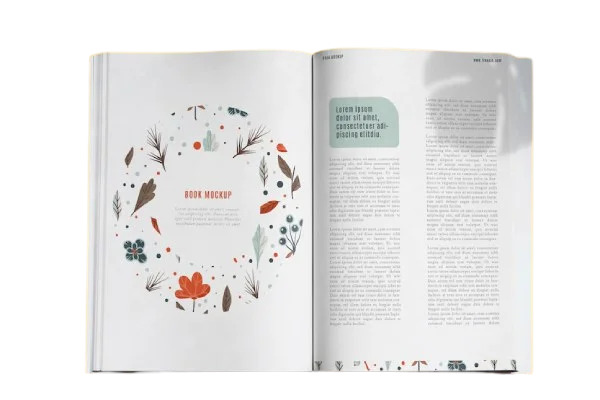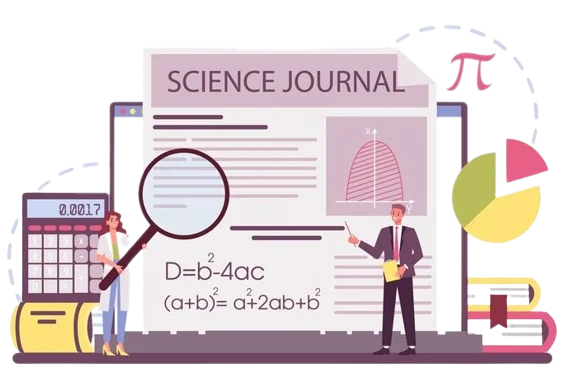GoToppr - Publication Service and awareness about predatory publishing, fake journals, and predatory publishers

The GoToppr team constantly scans for predatory journals and publishers, and the team will recommend journals based on their impact factor and availability for free publication.
The term predatory publishing refers to write-only publishing and misleading publishing is an unfair business model used in scholarly publishing which involves charging authors for publications without first vetting their work for validity and quality or offering the editorial and publishing support that legalized scholarly journals, whether or not they are open access. Predatory journal meaning is false or misleading material, a departure from appropriate editorial and publication processes, a lack of openness, or the use of forceful, untargeted soliciting techniques are characteristics of predatory journals and publishers, which put self-interest over scholarship. Everyone is in agreement that predatory publishers waste resources, promote subpar work, and spread confusion.



